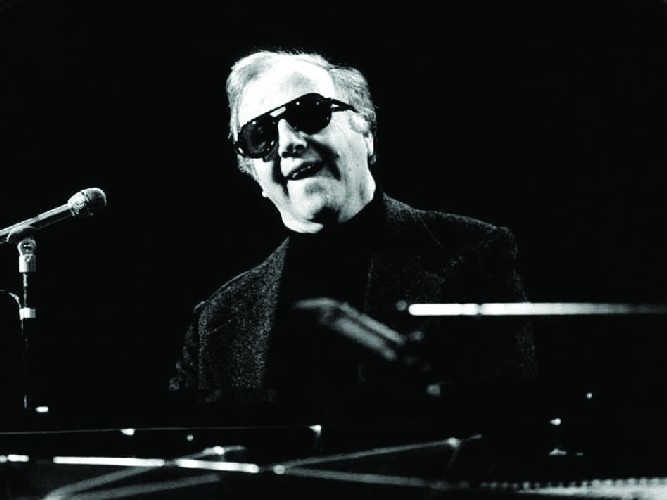
The legend has long been told about the famed Czarina Catherine of Russia who, at the urging of her advisor, Prince Potemkin, made a grand tour in 1783 of villages in the southern region of Russia. Many thousands of settlers had recently been induced to move to the region, launching agricultural and manufacturing enterprises. The tour was intended to showcase all the developments in this region which Potemkin had masterminded, and so he worked hard to ensure a good impression was made on the Czarina.
Much of the royal inspection tour was made by boat on the Dnieper River. At each stop of the boat, grand displays were orchestrated to honor and impress the Czarina – sharpshooters, fireworks, and spectacles of all sorts. Orders went ahead of the entourage to hide beggars, paint the town’s most obvious buildings, and occasionally even construct pasteboard facades to hide hovels. Flocks and herds were imported, as well as well-fed peasants, to order to convince the Czarina that her countryside was prosperous and its people happy.
Then, the legend says, when the Czarina’s entourage moved on, the whole false village was deconstructed and swiftly moved by cart to the next site where it was reconstructed, so that when the Czarina’s riverboat floated in, she would again be greeted by a deceptively thriving picture of Russian village life. The Czarina Catherine, the theory goes, never knew about the falseness of what she saw. She was content to be shown something pleasing and comforting, and asked no more. She was blind to what was happening right under her nose.
One of the many reasons that story is troubling, is that we’re afraid the willingness to be gladly deceived is not a tendency confined to the Czarina Catherine. Maybe we suffer from intentional blindness, too. Don’t we sometimes stubbornly defend our own perspectives, even though there may be limited support for them? Don’t we sometimes defend our lifestyles, our politics, or even our brand of faithfulness without much investigation into their actual merits and their flaws?
Worse yet, sometimes we turn a blind eye to our own personal failings and limitations. Maybe we are reluctant to confess a habit that is now out of control. Maybe we can’t confront an emotional scar that rankles. Maybe we hang onto an unjustified bias or feed our self-righteous indignation at a wrong done to us. How many circumstances exist right under our noses that we are unwilling to face squarely and deal with honestly?
There is nothing wrong with forming an opinion or coming to a conclusion, of course. But there is a danger in closing our eyes to anything that might challenge, enlarge, or enlighten us. We shouldn’t and we needn’t choose blindness.
We’ve always loved the story of blind pianist, George Shearing, who when asked if he had been blind all his life answered, “Not yet.” Blindness has a long and distinguished history as a metaphor for spiritual limitation, and the typical understanding of such blindness is that it is curable. By opening our eyes, our minds, our hearts, and our souls we might see a new reality. And then we could echo George Shearing’s sentiments. Have we been blind all our lives? Not yet.



